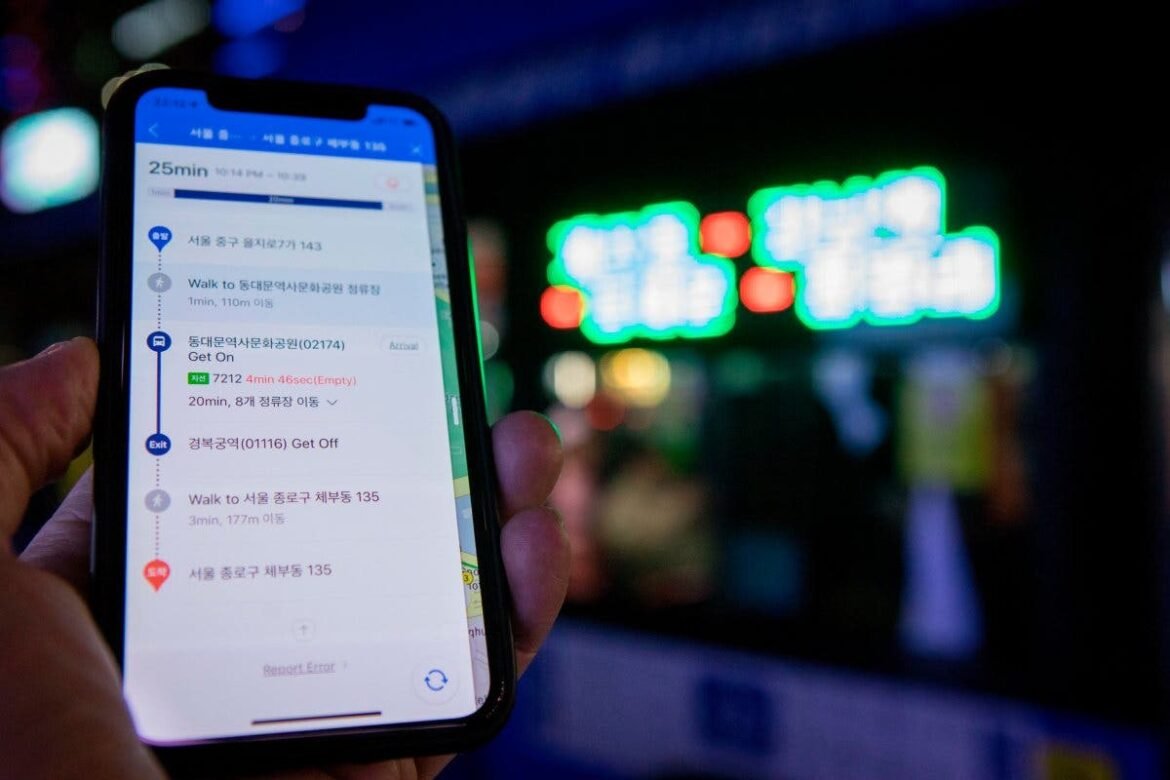Google Maps is hoping that an upcoming decision by South Korea’s government will finally open the door to the only advanced democracy in the world where its service is still not fully functional.
Why It Matters
South Korea, a longtime U.S. ally and one of Asia’s most wired countries, stands out as one of the few places globally where Google Maps doesn’t work as it does elsewhere.
For Google, access means more than convenience for travelers. South Korea’s 51 million tech-savvy users represent a vast market for the company’s global navigation system and advertising network. Penetrating the market could potentially lure South Korean consumers and businesses into Google’s broader digital ecosystem.
Newsweek reached out to Google and to South Korea’s National Geographic Information Institute by email with requests for comment.
What To Know
Google’s push to upgrade its map service in South Korea dates back to the 2010s, when it began asking for access to the country’s detailed 1:5,000 scale map—much more precise than the publicly available 1:25,000 map. Google argues that this level of detail is standard, not sensitive, and is essential for modern navigation.
South Korea, however, classifies the high-resolution map data as a national security asset and prohibits its export to overseas servers without government approval.
While Google does access some detailed mapping data through a third-party provider, T Map, it only supports basic features. Key functions, such as navigation, are unavailable, forcing users to switch to local apps like Naver Map and KakaoMap for reliable directions and transit info.
The core of the dispute comes down to national security. South Korean officials argue that exporting precise mapping data could expose military facilities and other sensitive sites.
Google has offered a number of concessions, including previously agreeing to blur images of such sites and, in September, offering to remove latitude and longitude coordinates from its service for South Korean locations if granted access.
One of the key remaining sticking points is Google’s refusal to set up a local data center, which would subject it to South Korean regulations on revenue reporting and tax transparency, per the Korea Herald.
What People Are Saying
Cris Turner, Google’s vice president for Knowledge and Information Policy, said in an August blog post: “Google is closely consulting with the South Korean government on how to implement the requirements such as security measures requested by the government. In addition, if necessary, we are considering purchasing and utilizing government-approved images that have already been masked from domestic partners.”
What Happens Next
A final decision on Google’s request had been expected in October, but South Korea’s Land Ministry postponed the decision for more talks. The matter is now set to be decided this month.



